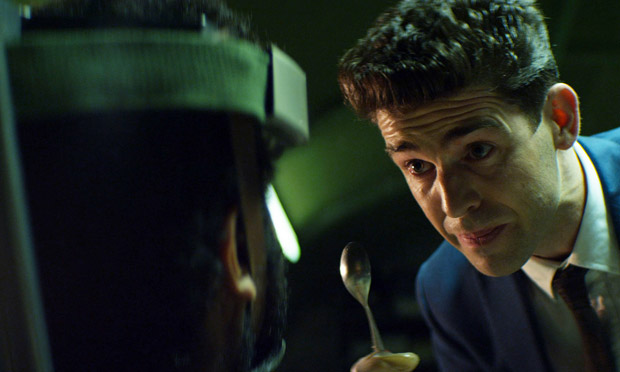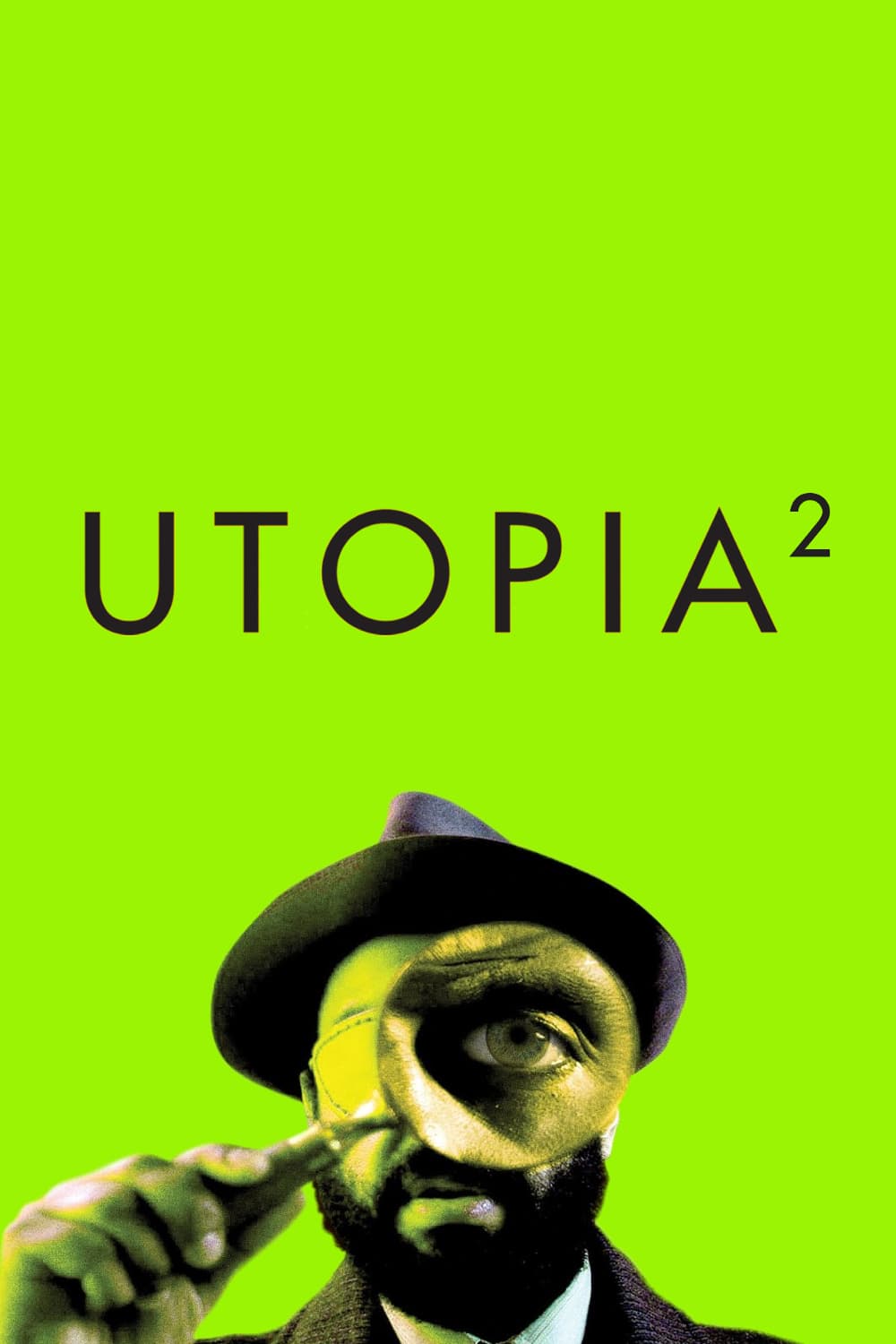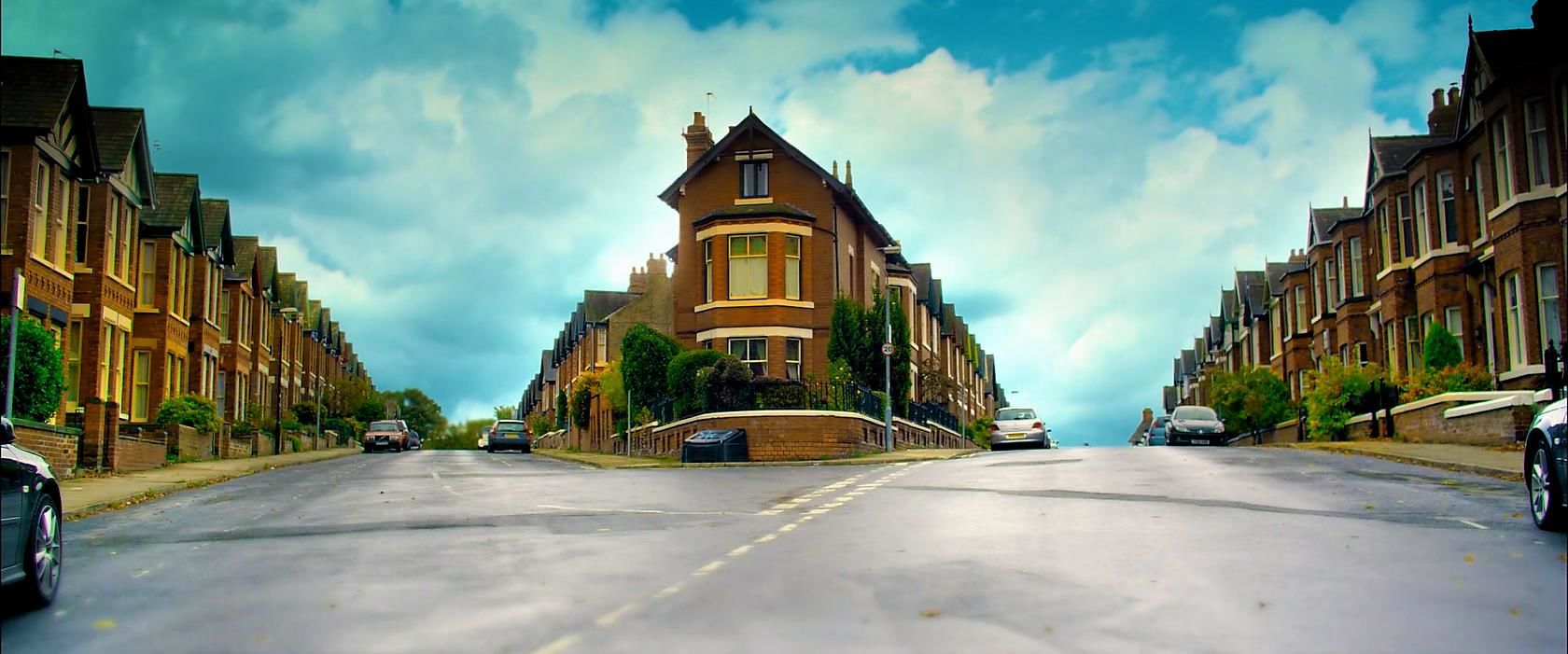


There are always drops into the next season, but would it be so bad that it wouldn’t justify the cost?Īnd Utopia wasn’t a cheap series to produce. Prime Video, like other streaming networks and broadcast networks, needs to weigh up the risk of people not tuning in for a new season.

In most cases, it’s simply due to not enough people tuning in for the series. Prime Video never stated exactly why the series was being canceled. What was the reasoning behind the cancellation? Low views likely contributed to Utopia being canceled It didn’t take too long for Prime Video to decide that it wasn’t going to be renewed for a second season. Based on the British series of the same name, it arrived on Prime Video at the end of September 2020.
Utopia season 2 episode 6 tv#
There are a few TV shows that get canceled early, leaving us with a lot of questions. Why did Prime Video choose to cancel the series? Humanity’s best quality – love – gives rise to its worst – selfishness – and the combination of the two will be our undoing, says Utopia.As much as many of us would have loved to see it, Utopia Season 2 is not happening. Carvel loved his daughter so much he planned an ethnic genocide solely around keeping her alive. Arby was redeemed by love for his family this series, but he forfeited his role in the bigger picture once he made protecting them his priority. Milner loved Carvel, and so kept him and his children alive despite their attempts to foil her plans. The Network’s coldly logical solution to overpopulation was repeatedly disrupted by the selfishness of love. In other words, love really will tear us apart. Just as, given the means, the most committed socialist would pay BUPA for their child’s life-saving operation, and the most dedicated pacifist would kill to protect their own, our principles and ideals are just guidelines until the exigencies of life demand otherwise. When those things are under threat, our principles go out of the window and we do what we must to protect them. We’re too attached to our families and our lives to sacrifice them for the greater good. In broad strokes, Utopia teaches that human attachments will stop us from ever behaving with true pragmatism. If it didn’t have a solution to overpopulation, then did the series draw any conclusions on the subject? Yes, if I’ve read it right – one that’s simultaneously optimistic about humanity and pessimistic about our chances. Series two didn’t have an answer to beat it, of course not, but it was still in there throwing punches and getting us invested in the fight. One reason Utopia’s stylish thriller deserves another outing is its willingness to jump into the ring with such an unconquerable opponent as global overpopulation. That’s a fair bit of progress for just six episodes, even if this elliptical finale appears to have pressed reset on a few things in its pitch for a third series. We also know more about Janus than before (namely that it stops the flu vaccine working, and will leave only the Roma people fertile). And, to enter the grounds of pure speculation, Jessica might well be carrying his child. Ian – like Grant and Wilson – is now a murderer. Milner, Lee, Donaldson and Geoff are now dead. With the Network still planning to push ahead with V-Day (albeit following a smaller, more controlled flu epidemic), Wilson still on their side, Jessica back in custody and Dugdale’s family being newly watched and threatened, not a great deal seems to have changed since the beginning of series two. That eye-patch should have tipped us off that he was destined for comic book super-villainy from the get go.Įpisode six was less an ending than a eventful pause in Utopia’s story. In Utopia’s soundest proof of its central idea that people are capable of anything given the right – or wrong – circumstances, conspiracy theorist Wilson eventually became the thing he’d started off fighting against. That honour goes to the self-mutilation of Wilson Wilson, who responded to being repeatedly told this week what was and wasn’t ‘him’ by becoming someone else – specifically, Mr Rabbit. Where else on television would a character be chatted up by her own bloody chip-wielding hallucination and that not even be the episode’s most memorable, disturbing scene? There’s violence and comedy and weirdness and philosophical dilemma elsewhere, but not in this combination and certainly not gift-wrapped in such a stylish package. That’s the boiled-down explanation of Utopia’s attraction: it’s simply unlike anything else. Even as an exercise in reductio ad absurdum, Terrence’s opening monologue on the selfishness of creating first world humans was a thrill simply because no-one else on TV is saying it.


 0 kommentar(er)
0 kommentar(er)
